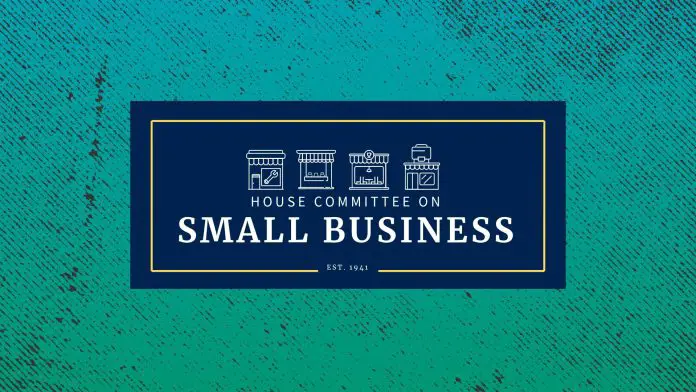Today, in a significant move for small businesses, Congressman Pete Stauber (MN-08) presided over a full Committee markup resulting in the passage of five bills aimed at revitalizing the small business landscape across America. As small business owners gear up for potential opportunities, these legislative changes bring a mix of benefits and considerations that could shape their future.
Chairman of the House Committee on Small Business, Congressman Roger Williams (TX-25), expressed optimism about the impact of these bills. “The bills passed out of the Committee build on the momentum created by President Trump’s pro-business policies,” he stated. He emphasized bipartisan efforts to support small businesses, citing a focus on American manufacturing, taxpayer protection, and investments in rural communities and technology sectors.
The first bill, H.R. 2066 – the “Investing in All of America Act of 2025,” introduced by Rep. Dan Meuser (R-PA), aims to incentivize Small Business Investment Company programs. This initiative encourages the allocation of capital towards manufacturing sectors, rural areas, and critical national defense technologies. Such incentives could boost investment opportunities for small manufacturers, which often face challenges in securing funding.
Another key piece of legislation is H.R. 4549 – the “Office of Rural Affairs Enhancement Act” from Rep. Goodlander (D-NH). By strengthening the Office of Rural Affairs within the Small Business Administration (SBA), this bill clarifies the qualifications for leadership roles and defines responsibilities to better serve small businesses in rural areas. This enhancement could help rural entrepreneurs access resources and support tailored to their unique challenges.
Addressing concerns over financial accountability, H.R. 4495 – the “SBA Fraud Enforcement Extension Act” introduced by Rep. Downing (R-MT) extends the statute of limitations on fraud related to COVID-19 assistance programs from five to ten years. This change aims to prevent abuse within the Shuttered Venue Operators Grant and Restaurant Revitalization Fund, thereby protecting legitimate small business owners from being disadvantaged by fraudulent activities.
Furthermore, H.R. 4491 – the “SBA IT Modernization Reporting Act of 2025,” introduced by Rep. Cisneros (D-CA), proposes improvements in identity security, project scheduling, and cost estimation within the SBA’s IT framework. These enhancements are vital as modern small businesses increasingly rely on technology for operations, potentially leading to a more secure and efficient support network for entrepreneurs.
Lastly, H.R. 3174 – the “Made in America Manufacturing Finance Act of 2025,” introduced by Rep. Williams (R-TX), seeks to increase loan limits for small American manufacturers under the SBA’s 7(a) and 504 loan programs to $10 million. Such a significant boost in available capital could empower small manufacturers, enabling them to compete more effectively and potentially revive local manufacturing jobs.
While these legislative advancements present numerous opportunities for small business owners, challenges may accompany them. Business owners should consider the feasibility of accessing new funding opportunities and the implications of increased competition, particularly as rural areas gain targeted support. Moreover, increased scrutiny regarding fraud in funding programs could impact how businesses approach governmental aid.
As small business owners adapt to these developments, it is essential to stay informed about the opportunities these bills create. They could indeed signal a pivotal shift towards strengthening and supporting the backbone of the American economy: small businesses.
For further details, you can read the original press release here.
Image Via BizSugar



